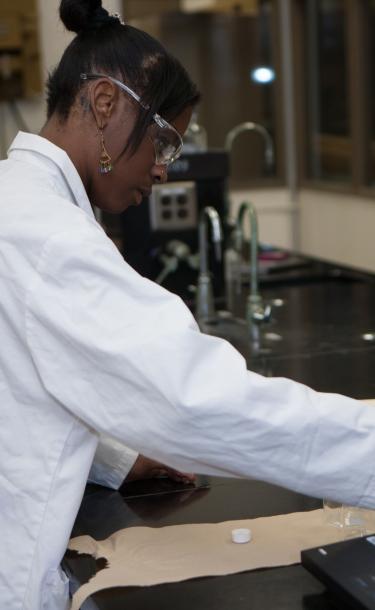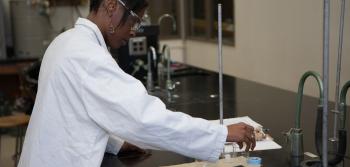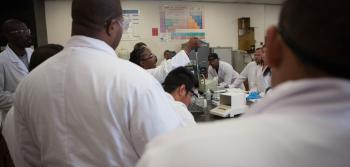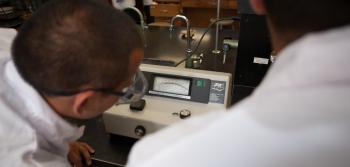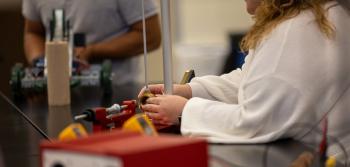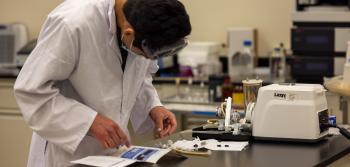About the Applied Sciences Pathway
The Applied Sciences Pathway offers a wide range of science courses for students transferring to 4-year colleges and universities as well as meet the General Education requirements for A.A. and A.S. degrees. The Pathways also provides stacked certificates and degrees in three related applied areas: Chemical Technology, Process Technology, and Biotechnology. The entry-level certification, the Industrial Applied Sciences Core Competencies Certificate, is designed to prepare students for employment in the Chemical Technology, Process Technology and Biotechnology Industries. By fulfilling the program requirements, students completing this certificate would have a basic understanding of chemistry and biology and their role in industry, as well as Industrial Safety and Regulatory Concerns. Building upon this certificate, students have the option of continuing their coursework to complete a certificate or Associates Degree in Chemical Technology, Process Technology or Biotechnology (Biomanufacturing).
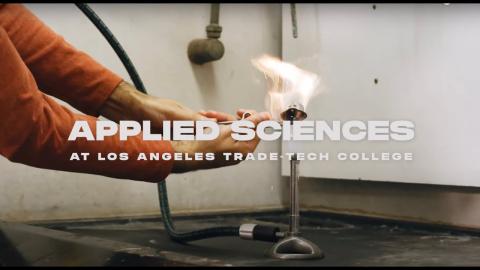
Courses are offered in:
Programs of Applied Sciences
Biotechnology (Biomanufacturing)
LATTC Biotechnology Certificate/AS Degree Program
Chemical Technology
Chemical Technician (CT) or Science Technician Certificate
Chemistry
Associate in Science Degree in Chemistry
Physics
Associate in Science Degree in Physics
Process Technology
Associate in Science Degree or Certificate in Process Technology
